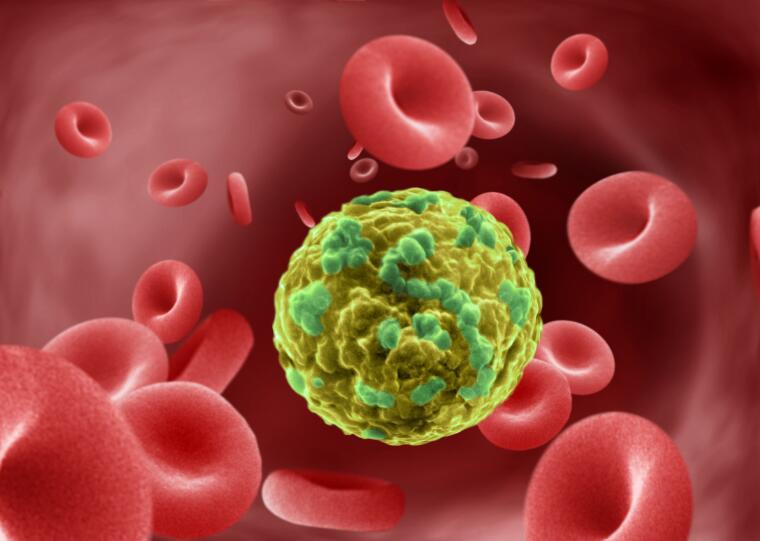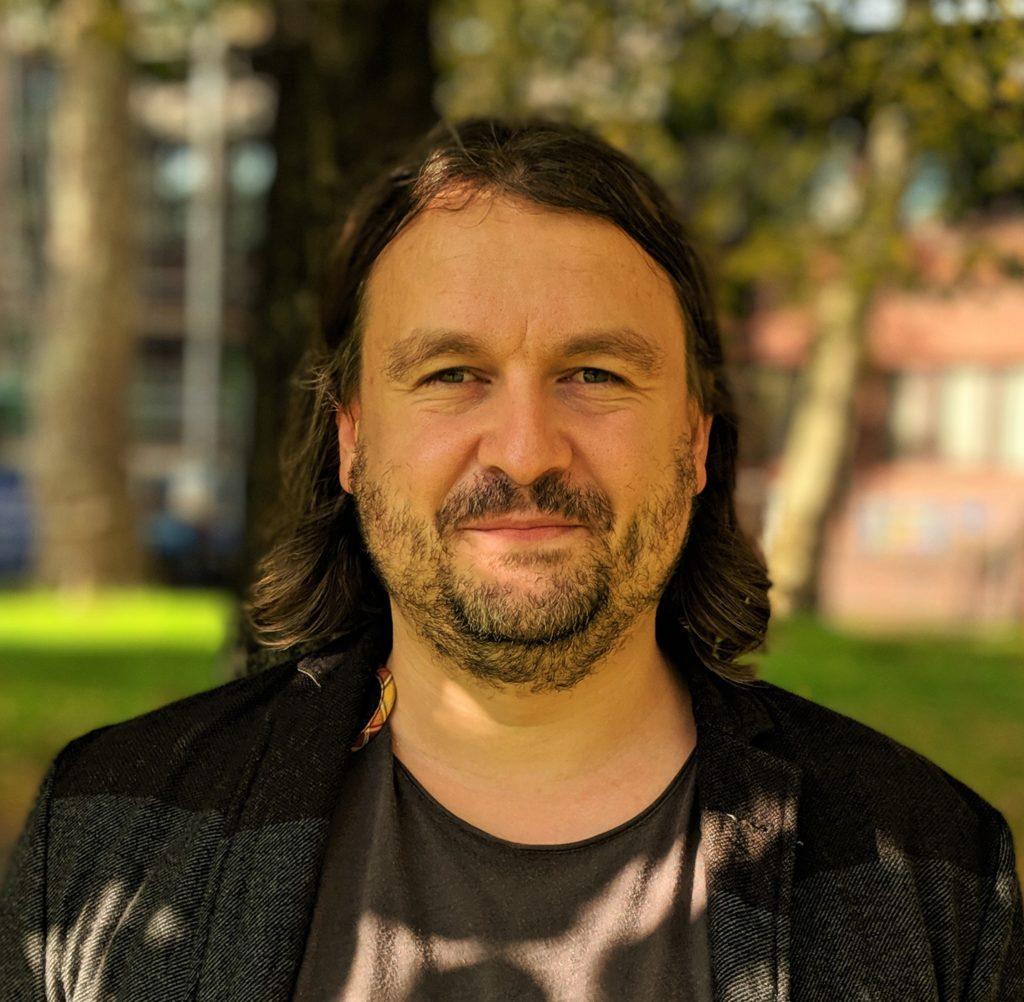BCI researcher part of international team shortlisted for Cancer Grand Challenges awards
Dr Benjamin Werner from Barts Cancer Institute (BCI), Queen Mary University of London, is part of an international team that has been selected to share its ideas on how to solve one of cancer’s toughest challenges.

Cancer Grand Challenges is a global funding platform founded by the two largest funders of cancer research in the world: Cancer Research UK and the National Cancer Institute in the US. Following their joint call for global research proposals to tackle nine of cancer’s toughest problems, Cancer Grand Challenges has now announced the 11 teams selected to compete for a share of £80m funding.
Dr Werner from BCI’s Centre for Cancer Genomics & Computational Biology and Dr Weini Huang from Queen Mary’s School of Mathematical Sciences are part of an interdisciplinary team of biologists, chemists, mathematicians and clinicians shortlisted from over 160 applications. They will now work to develop their innovative ideas on one of the chosen topics relating to extrachromosomal DNA (ecDNA).
Finding ways to drug the undruggable
Unlike most DNA which is found within chromosomes, ecDNA are circular pieces of DNA found in the nucleus of cells outside the chromosomes. EcDNA has been found in many types of cancer. As it doesn’t follow the rules of normal chromosomal DNA, it is thought that it could provide tumours with a way to evolve and change their genomes to evade treatment.
The eDyNAmIc team aim to understand the biology of ecDNA and develop new ways to target these mechanisms in cancer. Using a range of model systems, from yeast to human samples, the team hopes to establish the fundamental mechanisms involved in ecDNA generation, function and maintenance, and its role in tumour evolution and therapy resistance, to identify vulnerabilities that could be exploited for treatment.

By bridging cutting-edge and diverse approaches and insights from a vast range of fields – yeast genetics, epigenomics, mathematical modelling, evolutionary biology, longitudinal patient tracking, and more – the team hopes to get to the bottom of ecDNA and find ways to drug the undruggable.
Dr Werner, Group Leader at BCI, said:
"The random segregation of ecDNA dramatically increases the aspect of chance in tumours. Intriguingly, this increased chance fuels tumour evolution, adaptability, and treatment response. With our inter-disciplinary team, we will turn this innate advantage into a weakness to develop new targeted treatments for some of the cancers of unmet need."
Dr Huang, Lecturer in Mathematical Biology at Queen Mary, added:
"Cancer is complex and to understand the fundamental mechanism of cancer requires a joint effort of interdisciplinary science. This need has been increasingly recognised by funding agencies, which has allowed me as a mathematical biologist to enjoy the creative collaborations with both mathematicians and experimental researchers.”
Next steps
Shortlisted teams will receive seed funding to develop a full proposal, which will be scrutinised by the Cancer Grand Challenges scientific committee later this year.
“We were very impressed with the quality of the applications,” says Dinah Singer, deputy director for scientific strategy and development at the National Cancer Institute, US. “The 11 shortlisted teams working across geographical boundaries now have the opportunity to further develop their vision to advance bold cancer research. I’m looking forward to seeing their full applications.”
If successful Dr Werner and Dr Huang will develop the mathematical and computational methods to model and quantify ecDNA dynamics in tumour progression and treatment resistance to support the project. Their theoretical work will be tested and combined with different experimental approaches and data led by team members from Stanford University (US), Jackson Laboratory for Genomic Medicine (US), UCL, University of Cambridge, and Max Delbrük Center for Molecular Medicine (Germany).
Category: General News, Grants & Awards

No comments yet